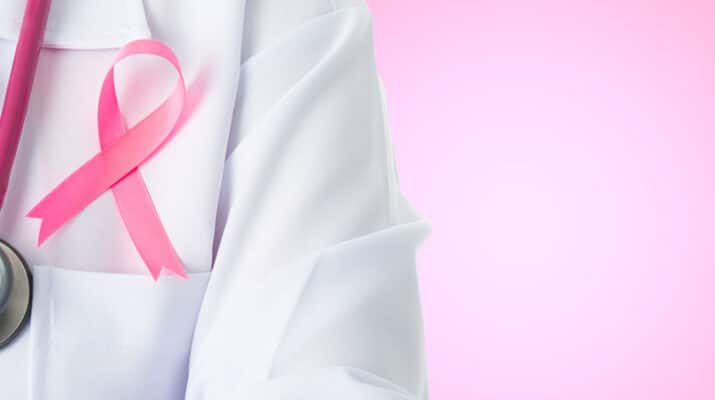For certain patients with advanced breast cancer, a drug called Piqray (alpelisib) may extend survival. But new research confirms the medication often causes seriously high blood sugar levels.
“This is a very effective drug that we should be using to treat breast cancer, but the problem is that it causes high blood sugar, which also can decrease the efficacy of the medication,” explained study co-author Neil Iyengar. He is a medical oncologist at Memorial Sloan Kettering Cancer Center in New York City.
The findings are not a reason to avoid this drug — but they do indicate that precautions are needed before taking the medication, Iyengar said. “The key is that high blood sugar can be prevented,” he stressed.
Taken as a pill, Piqray is a kinase inhibitor that blocks the signals that cause cancer cells to multiply. It is used along with Faslodex (fulvestrant), a hormone therapy, to combat tumors that express the PIK3CA mutation and are hormone receptor-positive and HER2-negative.
These mutations are found in about 40% of breast cancers, the researchers noted.
High blood sugar, or glucose, levels occur when the body has too little insulin or can’t use insulin properly, and it sets the stage for diabetes.
“You can start working on your [blood sugar] status a year or more in advance if you know you are a candidate for this medication,” Iyengar said. Doctors can do genomic testing of the breast cancer when you are diagnosed. “The first line of therapy usually lasts for a year, so you have time to get your blood sugar under control before starting Piqray,” he explained.
The study included 147 people who were treated with Piqray. Of these, more than 80% developed high blood sugar (hyperglycemia), and about 40% developed serious hyperglycemia. Another 100 people were treated with Piqray as part of a clinical trial, and the rates of high blood sugar were lower in this group. This is likely because participants in studies tend to be healthier and are monitored more closely, Iyengar said.
Most people developed high blood sugar within 16 days of starting the medication, the study showed. The risk was higher among those who had elevated hemoglobin A1c before starting the drug. (Hemoglobin A1C provides a snapshot of blood sugar over the past two or three months.) Among those who developed high blood sugar, two-thirds received treatment, most commonly with the diabetes drug metformin.
Piqray blocks insulin in cells, which leads to higher circulating levels of blood sugar, Iyengar explained.
Now, researchers are looking at how various diets or diabetes drugs can affect blood sugar levels among patients taking this medication, he said.
Alpelisib is the only U.S. Food and Drug Administration-approved PI3K inhibitor. “There are several newer mutation-specific PI3K inhibitors that are currently in clinical trials which do not cause hyperglycemia, but it is unknown whether they are as effective,” Iyengar said.
The findings confirm Piqray’s effect on blood sugar, said Natalie Klar. She is a medical oncologist and assistant professor of medicine at NYU Langone Cancer Center in New York City.

